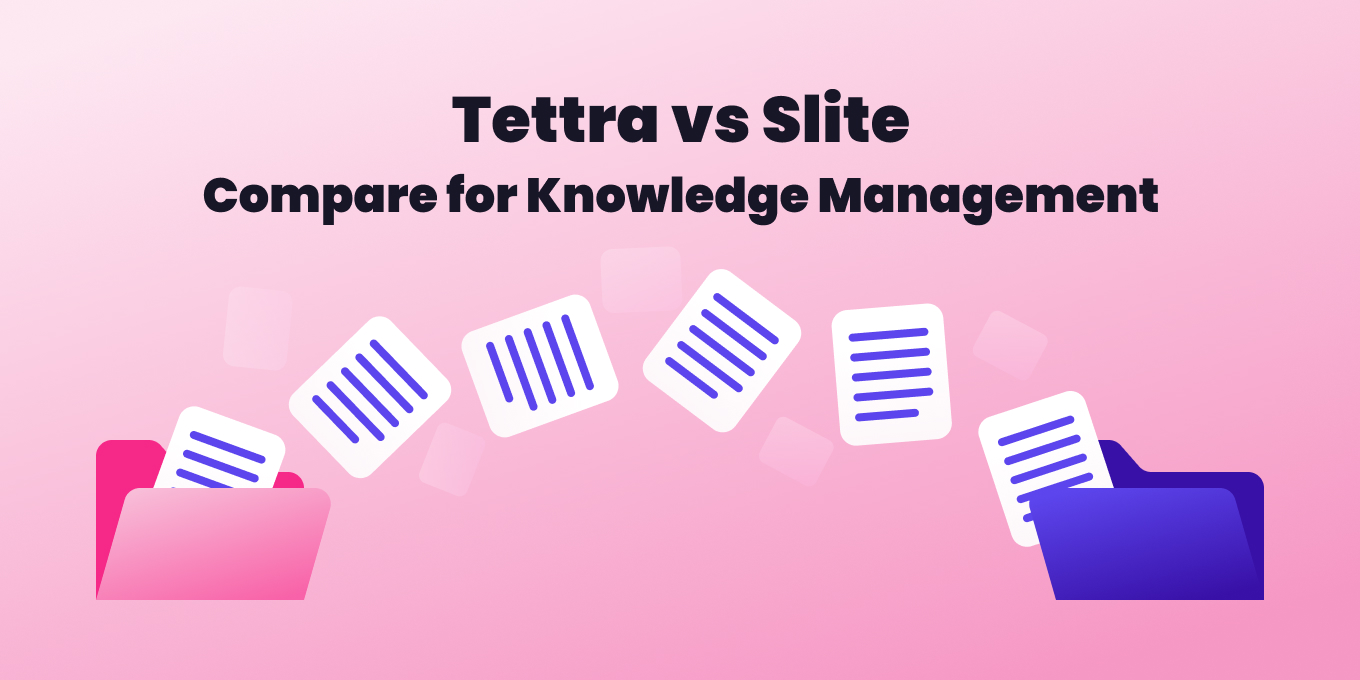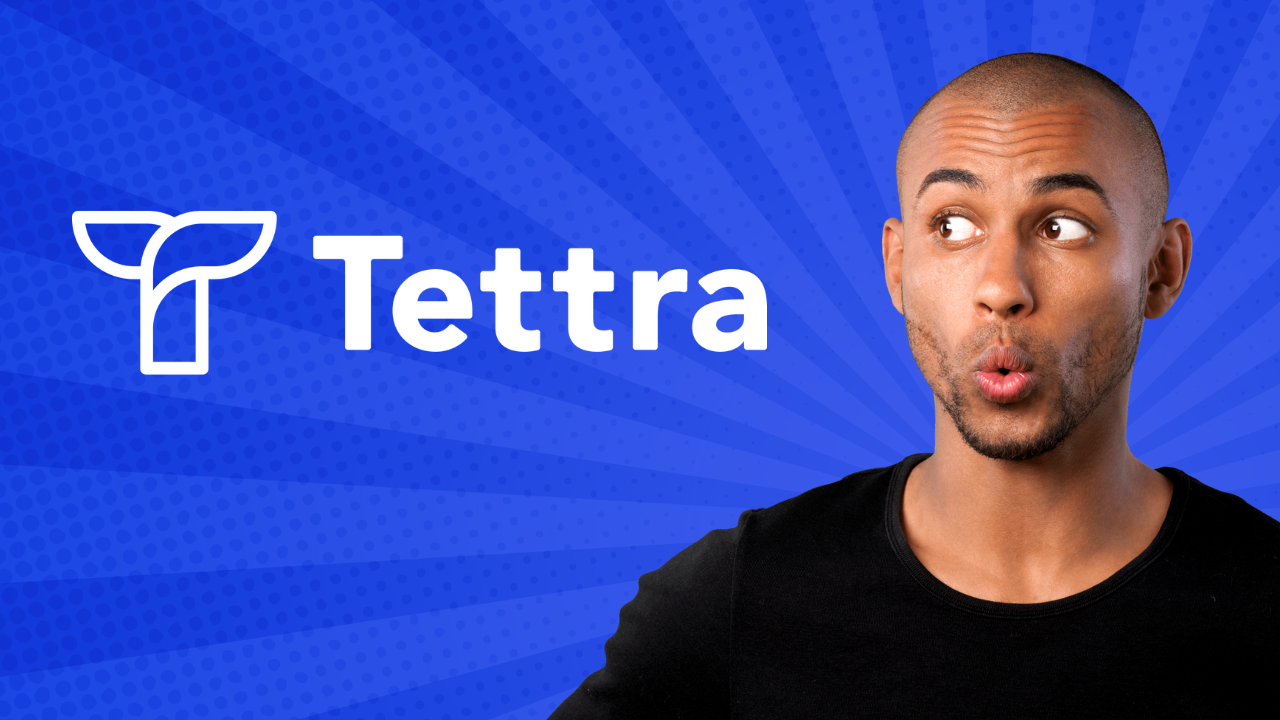Within the world of knowledge management software, two notable players are Tettra and Slite.
This detailed comparison will help you and your team make an informed decision.
What Tettra Does Well
- Questions & Answers Feature: Tettra’s AI-powered assistant, Kai, can provide instant answers from the knowledge base when a question is asked in Tettra or Slack. This feature turns repetitive questions into reusable answers and facilitates answering directly in chat applications like Slack or MS Teams.
- Perfect for Support Teams: As an internal knowledge base, Tettra is set apart for customer support teams. These teams can cut down on the back-and-forth and endless searches for answers about product knowledge. Find out how Tettra helps support teams.
- AI-Powered Knowledge Base: Ask for answers right where you work in Slack, or ask in Tettra. You’ll get instant answers without pinging another colleague (yet again).
- Knowledge Verification and Updates: Tettra emphasizes keeping your knowledge base current. Features like content verification by subject matter experts and the identification of knowledge gaps help ensure that the information is always reliable and up-to-date.
- Internal Knowledge Base Creation: The platform allows easy creation of knowledge bases using a simple editor or by importing existing documents from various sources like Google Docs. It also offers AI-powered tagging and semantic search for efficient information retrieval.
- Additional Features: Tettra provides usage analytics, SSO/SCIM integration, a full-featured API, Zapier integration for automating tasks, diverse permissions settings, and HTML export capabilities.
My colleagues and I appreciate Tettra for its ease of use and integration with Slack and Google. The functions and layout are not complicated, allowing all team members to familiarize themselves with Tettra pretty rapidly. This is a huge plus since we use Tetta on a daily basis and have lots of information to store.
– G2 Review
What Slite Does Well:
- Intuitive Documentation: Slite is designed for ease of use, with an AI-powered editor and various built-in formatting options. It offers flexible organization of documents in collections and supports multimedia content for more visual and engaging documentation.
- Knowledge Management: AI-driven insights in Slite indicate which documents need attention, and the doc verification feature ensures that information is always current and reliable.
- Answer Discovery and Accessibility: Slite’s knowledge management system highlights new and popular content, supplemented by an AI-powered search engine. It offers Slack integration for easy access to information within the team’s existing workflow.
- Integration and Workflow Automation: Slite integrates smoothly with many tools like Asana, Google Docs, and Github. It also provides an API for creating custom workflows and the ability to import documents from various sources.
- Security and Privacy: It offers robust identity management options, is Soc 2 Type II certified, and allows for the creation of user groups with controlled access permissions.
Pricing Comparison:
- Basic: $4 per user/month for teams just getting started with their internal knowledge base
- Scaling: $8 per user/month for teams who want more knowledge management features, like AI
- Professional: $12 per user/month with a minimum of 50 seats for SCIM, onboarding, and custom reports
- Free plan: $0 per user/month with limited features
- Standard: $8 per user/month
- Premium: $12.50 per user/month
Pros and Cons of Tettra and Slite
- Tettra Pros: Strong integration with Slack and MS Teams, AI-driven answers and content verification, user-friendly internal knowledge base creation, and comprehensive analytics and permissions settings.
- Tettra Cons: Limited formatting and customization options. Designed for an internal knowledge base, not for all enc
- Slite Pros: Free and reasonably priced plans, intuitive design suitable for all tech experiences, extensive documentation capabilities, and a wide range of integrations.
- Slite Cons: Learning curve for utilizing full features, limited free plan functionalities, and not ideal for external, customer service-focused knowledge bases.
Both Tettra and Slite offer robust knowledge management solutions, but their strengths lie in different areas. Tettra excels in integrating with chat applications and turning conversations into knowledge, while Slite shines in its intuitive user experience and extensive documentation capabilities.


